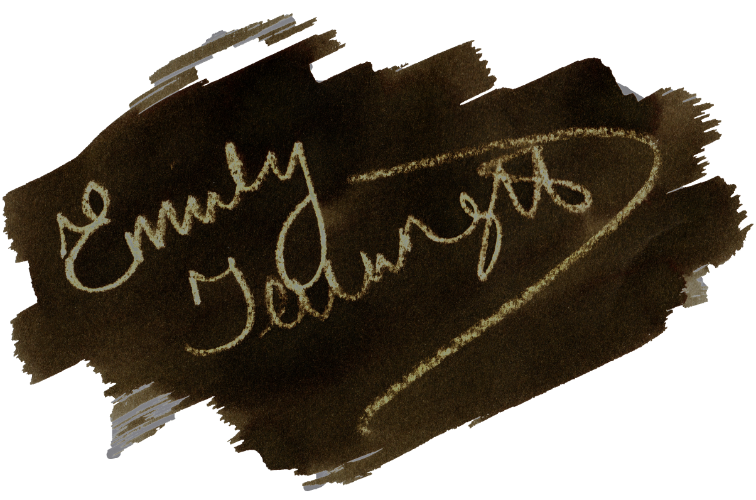
So, it is time to take the decorations down and go back to work. (Actually, we take ours down early these days, as no one visits after New Year’s Day and there is a lot more celebrating in the run up to Christmas than there was in the time of the twelve days’ festivities.) The process always reminds me of the Mole in Kenneth Grahame’s Wind in the Willows when he volunteers to repack the basket after his impromptu picnic with the Rat at the beginning of the book:
‘Packing the basket was not quite such pleasant work as unpacking the basket. It never is. But the Mole was bent on enjoying everything…’
No, taking the decorations down is never such pleasant work as putting them up, but there are things to enjoy. In our small and rather full house, one is the sensation of space: for a couple of days there seems to be more room than there used to be. Another is the lengthening of the days and the distant vista of spring. You might have a holiday booked, or if, like me, you are lucky enough to enjoy your work, it can be exciting to go back to it refreshed after some rest and entertainment.
This painting is some of my first work of 2025, and it will be available to buy as a greetings card from Castle Sefton Press very soon when the Press’ online art shop opens.
Finding work that you enjoy and that integrates with the other facets of your life is something that many of the characters in my novel Ghost Train – now available to buy from Castle Sefton Press – are trying to do, not least the central figure Clyde Tranter. The suspenseful supernatural mystery that looms over him throughout the book is not the only problem he has to consider; after all, what we do with our lives and whom we spend them with are two of the greatest mysteries that we all have to solve, and many things about our society today make them harder to crack for many of us.
Talking of society brings me to something else. This is the time for new resolutions of course, but I know that many people feel overwhelmed by the troubled state of humanity and the planet, and a tragically large number by the difficulties of day-to-day living; they feel powerless to make a difference. But we can. We all can, if we bring just a little more love into our lives this year.
A lot of generalisations and stereotypes about English people are nonsense, but it does seem to me that most of them find it difficult to talk about love, and I can sense some of them groaning and rolling their eyes as they read my suggestion. Love for family, romantic partners and pets is now widely acknowledged, but what I have said may well seem to many here like embarrassing silliness.
But it isn’t. If everyone alive on the planet felt enough love this year, most people’s suffering could be immediately eased. And it can start small. Not everyone has family, or a partner, or a pet, but it doesn’t mean that they can have no love in their lives: you could stop to love the song on the radio, or the daffodil shoot poking through the frozen soil, or that old lady who is keeping you waiting in the queue at the Post Office because she’s so slow. Just find something that you can open your heart to.
It can be a friend. We’re obsessed with the idea of love between two adults meaning something sexual; that’s a great thing, of course, but it doesn’t have to be like that. I love all my friends deeply, and that’s a kind of relationship that was widely accepted until quite recently, from Sherlock Holmes and Dr Watson to David and Jonathan in the Old Testament.
The best thing about opening up to a little love is that it is something everyone can do. No one is powerless because they are poor, unwell or judged as insiginificant. It is a practice that will support you in navigating life’s challenges and that can ultimately make a difference to the state of the world.
You could give your love to a subject or activity for which you have a passion. If you’ve read Ghost Train – obviously I recommend that you do, but it really would make an entertaining, thought-provoking and uplifting start to your year if you haven’t – think of all the characters’ passions and interests. If more people truly loved birds, gardening, books, cookery, theatre, dancing, education, libraries, vintage trains and even true crime, would humanity be in the mess that it’s in?
Of course it wouldn’t.
Happy New Year, everyone and love to you all.



